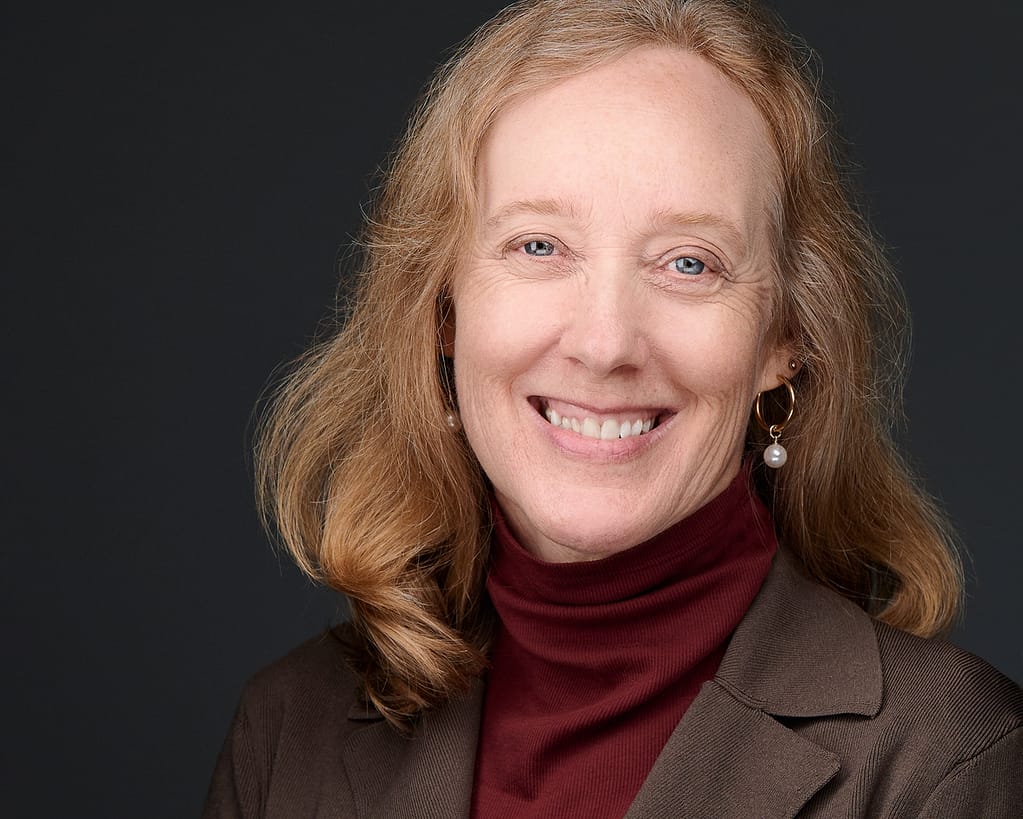Gretchen Galbraith Vice President for Academic Affairs, Dean of the Faculty

Bio
Connecticut College, BA
Rutgers University, PhD
Areas of Expertise
British and European history, social and gender history, history of education
Courses I Teach
I have taught a range of courses in European, British, and world history. Specific topics include human rights in history; history of gender, family, and sexuality; women’s history; and writing history.
Current Research
- A Cultural Biography of Constance Maynard (1849-1935).
- “Encyclopédie, 1757-1759,” A Reacting to the Past Game-in-Development, co-authored with Professor David Eick. Currently available through Reacting to the Past game library.
Awards, Recognitions, Memberships
Barbara Jordan Award for Women’s Leadership, Grand Valley State University
Inductee, Phi Kappa Phi
Spencer Postdoctoral Fellowship, 1995-96
Memberships: American Historical Association, Reacting to the Past Consortium
Recent News
Gretchen Galbraith, dean of faculty, was one among several presenters for the annual Faculty Speaker Series, taking place from January 3 through January 12, 2023. Featured in this year’s lineup also were presentations from Annie O’Shaughnessy of the Graduate Education Department, George Ashline of the Mathematics and Statistics Department, Peter Vantine of the Classical and Modern Languages and Literature Department, Jen Purcell of the History Department, Kate Soons of the Health Sciences Program, and Patrick Walsh of economics. With topics ranging from the British monarchy to the Pythagorean Theorem, there was something for everyone during this year’s series.
(posted February 2023)
*
My professional service is currently primarily with the Reacting to the Past Consortium (Board Member, 2015-Present; Board Chair, 2021-24). The consortium consists of over 300 institutions across North America and exists to support the development of Reacting to the Past pedagogical materials and professional development for its membership.
I am passionate about empowering students to engage with historical thinking and other forms of intellectual inquiry. In my classrooms, I use a range of pedagogical approaches to open opportunities for students to deepen their ability to conduct research, read complex texts, communicate effectively, and to grapple with concepts of historical agency and contingency and the complex forces that shape historical events.